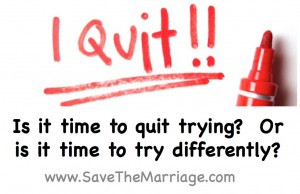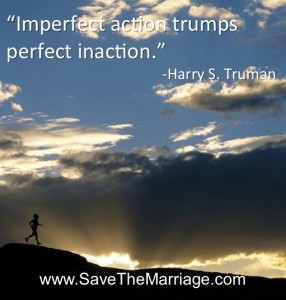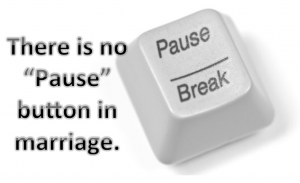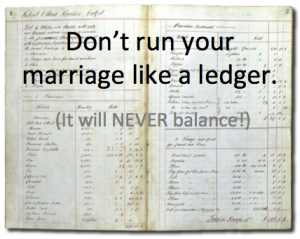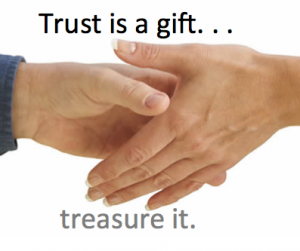7 Steps To Dealing With Marital Expectations Gone Bad: #34 Save Your Marriage Podcast
https://savethemarriage.com/stmblog/wp-content/themes/corpus/images/empty/thumbnail.jpg 150 150 Lee H. Baucom, Ph.D. Lee H. Baucom, Ph.D. https://secure.gravatar.com/avatar/669b7e375d93f77521ddaba08adb8063?s=96&d=blank&r=pg Expectations. We all have them. Some, we agree upon. Some, we don’t even know we have (or that our spouse has them). But they can play havoc on a relationship.
Expectations. We all have them. Some, we agree upon. Some, we don’t even know we have (or that our spouse has them). But they can play havoc on a relationship.
If you find yourself frustrated with your spouse over what he or she is not doing — or if your spouse is frustrated with YOU over what you are not doing (and perhaps didn’t know to do), you have fallen victim to expectations.
We don’t talk about expectations enough. So, if you are trying to figure out how to save your marriage, but you keep stumbling on painful spots for each of you, it may be the minefield of hidden expectations.
Learn how to judge your own expectations — and what to do about them. Then learn about how to deal with your spouse’s expectations, especially when you don’t think they are fair (I tell you the 7 steps to follow).
Let me know what you think in the comment area below.
Podcast: Play in new window | Download
Subscribe: RSS


